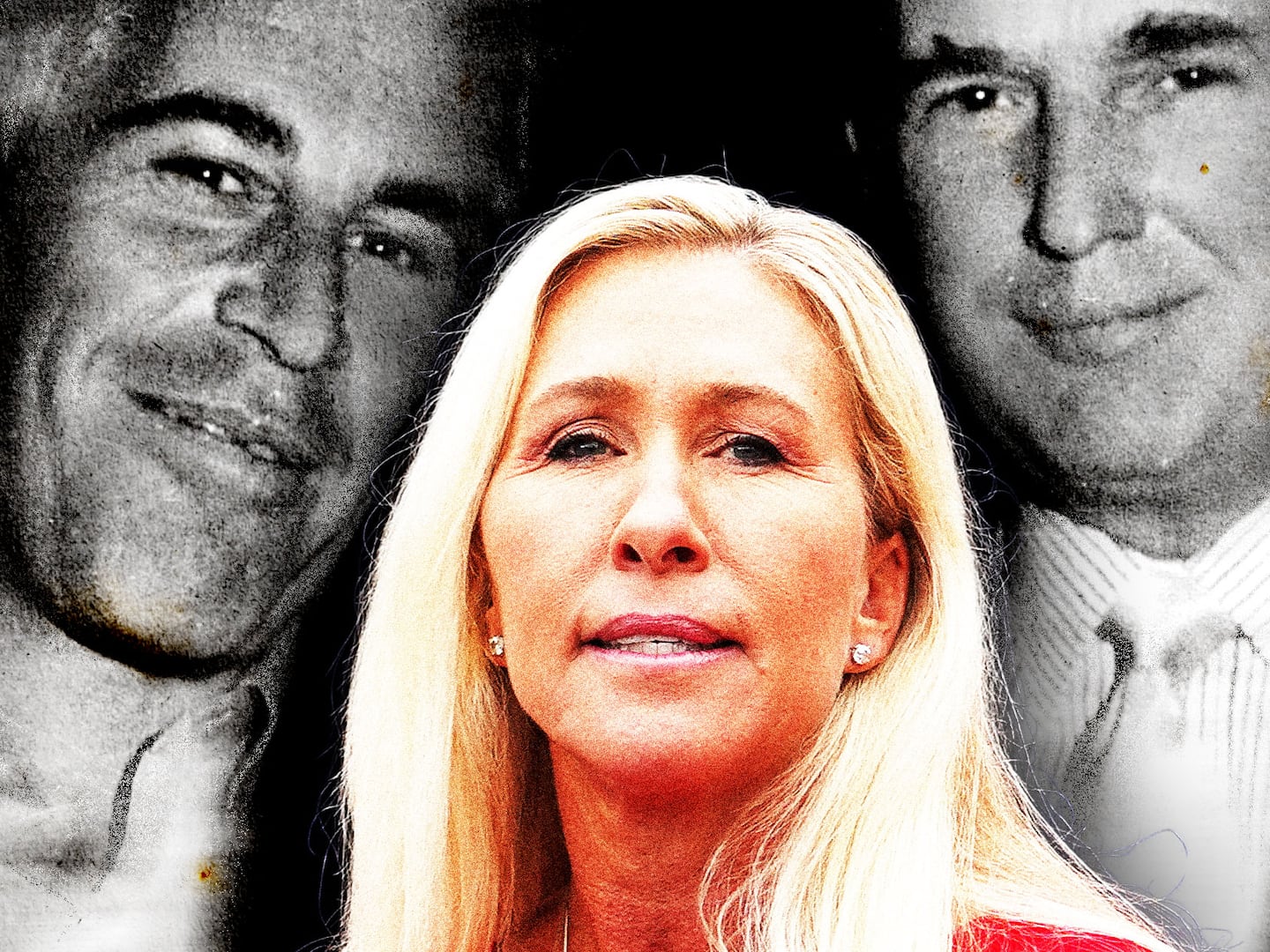ASPEN, Colorado—Ask some members of the Obama administration here, and they’ll say ISIS is on the run in Iraq and Syria. Ask others, and you’d think that members of the so-called Islamic State were rampaging through your neighborhood shopping mall.
“ISIS is losing,” said John Allen, the retired Marine general charged with coordinating the ISIS campaign, speaking to an audience of current and former officials at the Aspen Security Forum this past week.
“It’s currently the threat that we’re worrying about in the homeland most of all,” said FBI Director James Comey at the same forum, telling the Colorado audience that ISIS had supplanted al Qaeda as U.S. enemy No. 1.
The seemingly contradictory statements reflect the hope the U.S.-backed air war is succeeding in Iraq and Syria—and the fear that ISIS is only getting better at inspiring small but psychologically damaging attacks in the U.S., and will for years to come. It’s a bit of a jarring twin message, even to some administration officials. Listening to the two speeches, one remarked, “It can’t be both.”
Almost a year ago, President Obama vowed to “destroy” ISIS. So far, his administration’s attempts to carry out that mission have been uneven, at best. One of the supposed cornerstones of the effort—training anti-ISIS forces—has only produced a few dozen recruits, not the 5,000 troops promised. ISIS still holds major cities in Iraq like Mosul, despite administration vows to retake it this past spring. And all the while, the FBI has been arresting more and more ISIS-inspired plotters in America.
The varying viewpoints also bespeak the dark frustrations of some officials at the conference who want to see more U.S. military advisers and intelligence officers deployed further forward on the battlefield. American troops should be alongside struggling Iraqi security forces to stiffen their spine, the logic goes, and inside Syria to better direct the airstrikes against an enemy that has woven itself into the population it terrorizes.
Iraqi Ambassador to the U.S. Lukman Faily spoke of how effective Iranian advisers were, only 200 or so in number, but at the front of the front line—though he conceded that the Iraqi government might feel less warm toward U.S. advisers deployed as far forward with Iraqi troops as the Iranians are.
Still, he hinted the U.S. could do more, and faster.
“We don’t feel in Iraq that there’s a sense of urgency dealing with Syria,” he told The Daily Beast, explaining that until Syria is resolved, ISIS would thrive and his country would struggle.
“People need to have fewer red lines if they want to deal with Syria. They need to have more open minds,” he aded, hinting that he meant a lack of urgency in the White House, but carefully refusing to name names.
The push from inside and outside the administration to jump more firmly into the fight has been dismissed by an Obama administration that has chosen to wait until Iraqi forces mature, and enough Syrian rebel fighters are trained, to take the ground fight to the enemy.
“We have had significant success. They’ve lost a quarter of the territory they had,” White House counterterrorism adviser Lisa Monaco said of the group Saturday, coming down somewhere between the two men.
“But it’s going to take time.” How long? “A generational struggle,” she said, echoing other top administration officials. In a way, the description as an open-ended fight both absolves the administration of responsibility for making slow progress—while admitting that ISIS is now so deeply entrenched in the region that all the U.S. can do is hope to manage the worst of the fallout.
Retired General Allen said ISIS has problems with its morale and that it is losing popular support, according to intelligence intercepts.
“As they get weaker at the core…it also makes it more difficult to influence individuals and smaller groups, so both things can happen simultaneously,” he told The Daily Beast.
“We can see the individual threat potentially going up domestically, while we are squeezing ISIL at the strategic level in the region in Iraq and Syria, so those comments are not inconsistent.”
Comey described the movement as “crowdsourcing” terrorism, where thousands of ISIS followers reach out and vet potential followers on open social media, then switch to communicating on encrypted apps or email programs that U.S. intelligence claims to have trouble penetrating.
And Monaco said the administration is asking Twitter and other social media sites to shut down ISIS accounts, which are estimated to top 20,000.
“The sheer numbers involved make me worried that we’re going to see more of that,” she said—potentially low-tech but more frequent attacks, inspired or even coached by ISIS operatives via social media, as some officials suspect the lone gunman’s attack on troops in Chattanooga, Tenn., might be.
“We’re going to have to be very resilient for the types of violence that we saw in Chattanooga but also the type we saw in Charleston,” Monaco told The Daily Beast.
The Obama administration may not have its story quite straight about ISIS. But its members agree that the struggle with the so-called Islamic State is going to continue, on and on.






